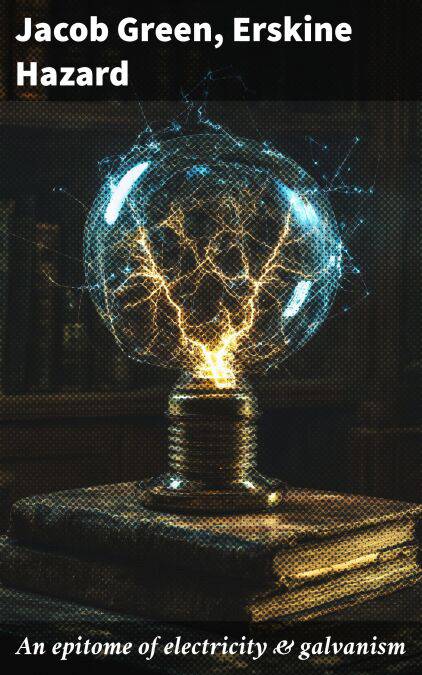
- Afhalen na 1 uur in een winkel met voorraad
- Gratis thuislevering in België vanaf € 30
- Ruim aanbod met 7 miljoen producten
- Afhalen na 1 uur in een winkel met voorraad
- Gratis thuislevering in België vanaf € 30
- Ruim aanbod met 7 miljoen producten
Zoeken
Omschrijving
In Richard Dehan's compelling novel, "The Man of Iron," readers are immersed in a rich tapestry of early 20th-century industrial England, where the struggle for personal and social identity unfolds against the backdrop of the gritty ironworks. Through a vivid narrative infused with poignant symbolism and a keen exploration of class dynamics, Dehan deftly captures the transformative power of labor and the haunting echoes of a rapidly changing society. The prose, marked by its lyrical elegance and psychological depth, reflects both the existential dilemmas of its characters and the broader socio-economic tensions of the era. Richard Dehan, a pseudonym for the Irish writer and journalist, was deeply entrenched in the societal issues of his time. His extensive travels and experiences as a war correspondent imbued him with a unique perspective on the human condition, particularly in the context of industrialization and its impact on the working class. These insights informed his narrative, allowing him to construct a nuanced portrayal of his characters, emblematic of the struggles faced by many in a world often dictated by relentless progress and mechanization. This thought-provoking novel is highly recommended for readers seeking to explore the intersections of labor, identity, and societal transformation. Dehan's intricate storytelling invites readers to engage with the timeless themes of aspiration and despair, making "The Man of Iron" a significant contribution to early modern literature that resonates with contemporary issues.
Specificaties
Betrokkenen
- Auteur(s):
- Uitgeverij:
Inhoud
- Aantal bladzijden:
- 200
- Taal:
- Engels
Eigenschappen
- Productcode (EAN):
- 8596547871620
- Verschijningsdatum:
- 23/04/2025
- Uitvoering:
- E-book
- Beveiligd met:
- Digital watermarking
- Formaat:
- ePub

Alleen bij Standaard Boekhandel
+ 1 punten op je klantenkaart van Standaard Boekhandel
Beoordelingen
We publiceren alleen reviews die voldoen aan de voorwaarden voor reviews. Bekijk onze voorwaarden voor reviews.











